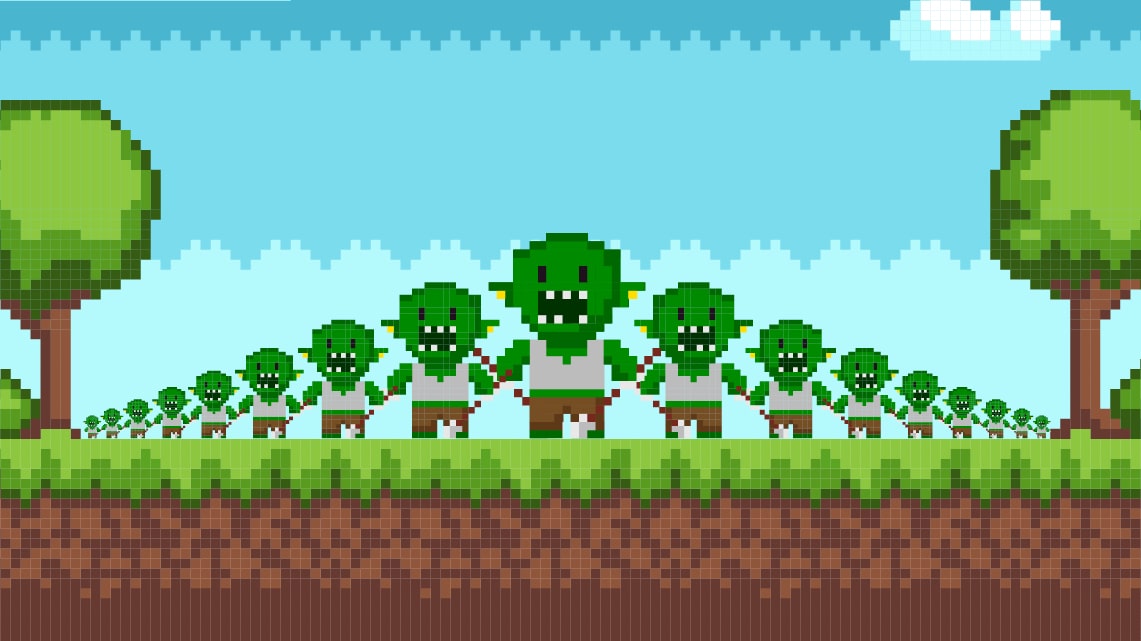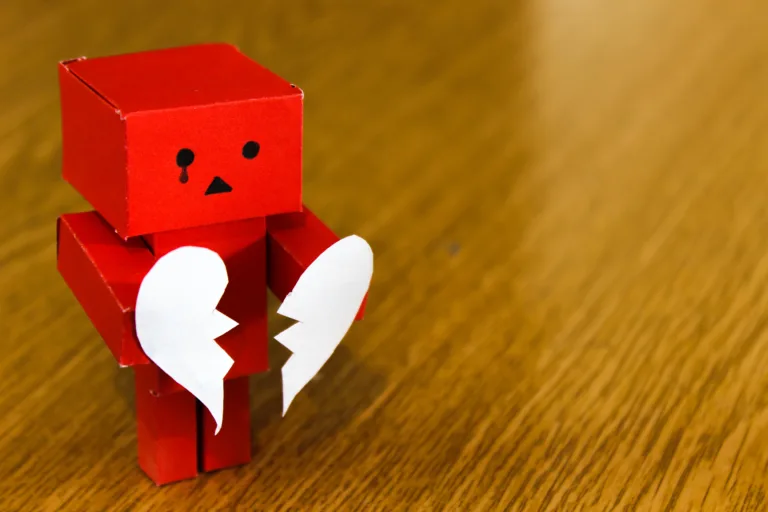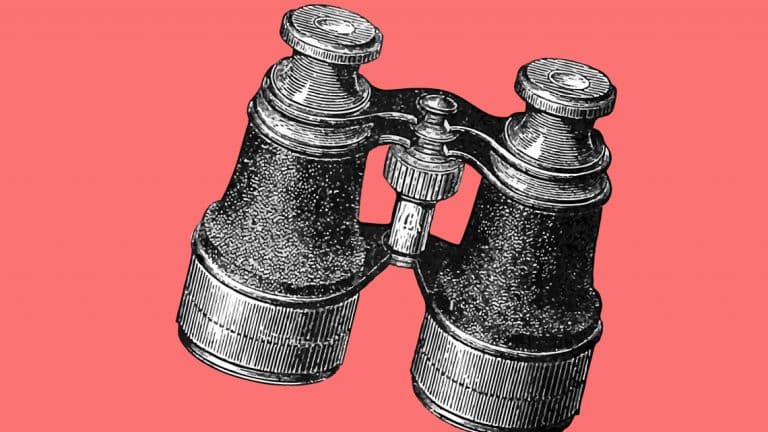Trolling
Trolling is an online behaviour where a person will share, comment or post deliberately inflammatory content in order to evoke an emotional reaction and/or create conflict. If this is happening to you it can be upsetting and difficult to know how to respond. Read Netsafe’s advice about what trolling is and the support options available. HOW…

Trolling is an online behaviour where a person will share, comment or post deliberately inflammatory content in order to evoke an emotional reaction and/or create conflict. If this is happening to you it can be upsetting and difficult to know how to respond. Read Netsafe’s advice about what trolling is and the support options available.
HOW CAN YOU IDENTIFY TROLLING BEHAVIOUR
In internet slang, a troll can be found anywhere, but they are particularly prevalent in social media comment sections. Common tactics include adding off-topic information, refusing to acknowledge evidence and using condescending language. They also can be anonymous which makes it hard to identify who the person is.
It’s important to remember that sometimes trolls can be mischievous and provocative – someone’s controversial opinion may not necessarily be trolling, particularly if they are trying to construct an argument.
HOW CAN NETSAFE HELP IF YOU’RE EXPERIENCING TROLLING
We offer a free and confidential service to help people experiencing online bullying, abuse and harassment including trolling. We can also explain how the Harmful Digital Communications Act (HDCA) may apply to you. You can make a report to Netsafe and we will provide you with advice and guidance on what to do next.
WHAT TO DO IF YOU’RE BEING TROLLED
- Ignore it: Don’t feed the trolls! The purpose of trolling is to create a reaction. If you refuse to engage with the troll, they normally will move on quickly.
- Report it: Report the troll’s comments to the social media site or website. If this is happening in a group, thread, or on a page, you could also report it to the page owner or group administrator or moderator. Although they may not be able to act on the individual comment, reporting helps to highlight repeated behaviour.
- Record it: If you are repeatedly being trolled by the same person, take screenshots so that you have a record of what’s happening. You can find our advice on how to gather electronic evidence.
- Get support: Although it may feel like you’re alone, chances are that the troll is trying to engage with multiple people on the same section or thread. You could consider reaching out to see how other people are reacting to the situation. If the troll is repeatedly engaging with you, or if the troll has said something harmful, Netsafe can offer help and advice.
- Take a break: Dealing with trolls can be hard. If you are finding it difficult, it may help to take a break from your screen, or even hop on a different platform or thread.
MORE INFORMATION
Netsafe’s research team has also looked at why people engage in other risky online behaviours. You can read some of their research reports by clicking on the links below:
Take a look at our bullying and abuse articles to get more information and advice on the different forms of online bullying.
CONTACT NETSAFE
If you’re concerned about the immediate safety of you or someone else, please call 111. If you want help or expert incident advice, you can contact us. Our service is free, non-judgemental and available seven days a week.
- Email [email protected]
- Call toll free on 0508 NETSAFE (0508 638 723)
- Online report at netsafe.org.nz/report
- Text ‘Netsafe’ to 4282
KEEP UP TO DATE
Follow us on social media and sign up to our newsletter for alerts, news and tips.







